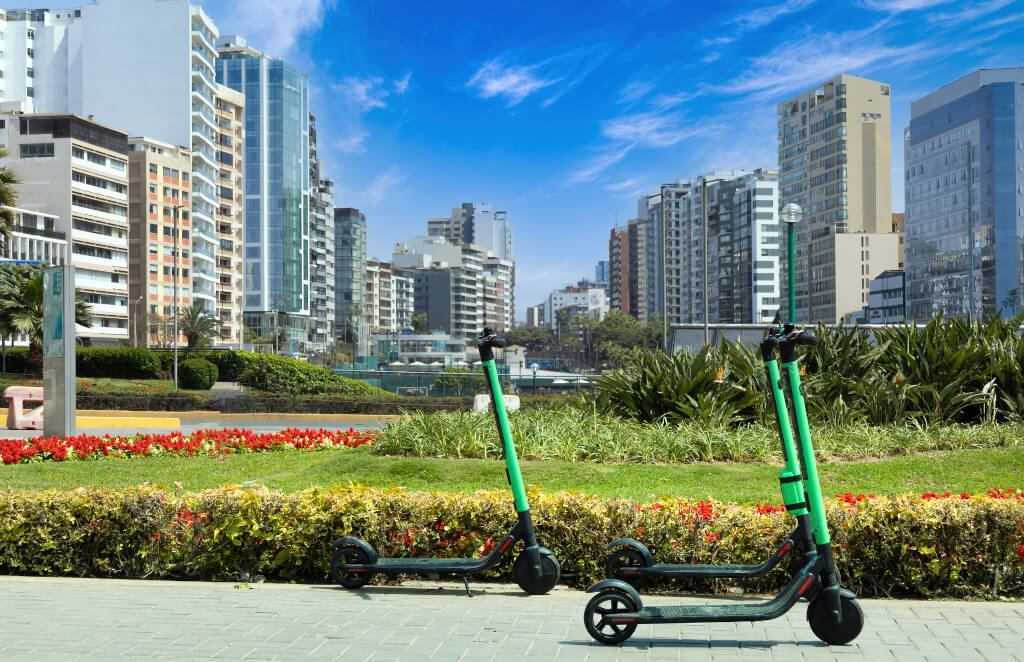Sustainable tourism is an emergent and prosperous field in South Africa that merges economic advancement with environmental preservation. This has been written to ensure the financial health of businesses, a principle especially critical to the burgeoning sustainable tourism sector. Through meticulous financial planning, budgeting, and forecasting, a sustainable tourism enterprise can thrive, supporting not only the South African economy but also the preservation of our country’s precious biodiversity.
Understanding the Financial Health of a Sustainable Tourism Business
A sound financial structure is the backbone of a sustainable tourism business. Key indicators include profitability, liquidity, and solvency ratios. Profitability signifies the ability to generate profits over expenses, liquidity assesses the company’s ability to pay off short-term debts, while solvency gauges the capacity to meet long-term obligations.
These measures, coupled with a strong understanding of market dynamics and regulatory requirements, are vital to maintaining the financial health of a sustainable tourism venture. South Africa’s rich biodiversity, diverse cultural heritage, and unique landscapes present myriad opportunities for sustainable tourism businesses. Yet, these businesses must balance profitability with preservation to adhere to the ethos of sustainability.
Shaping a Brand Identity for Sustainable Tourism
In the realm of sustainable tourism, a strong brand identity rooted in sustainable practices is a compelling unique selling proposition. Tourists are increasingly conscious of their environmental footprint and seek out businesses that prioritize sustainability.
To build such a brand identity, a business must intertwine its marketing strategies with its sustainability goals. This involves showcasing environmentally-friendly practices, engaging with local communities, and prioritizing local procurement. Additionally, employing digital marketing strategies such as social media promotion and influencer partnerships can amplify reach and increase visibility.
Financial Planning and Strategies for Sustainable Tourism
Strategic financial planning is essential to the long-term success of sustainable tourism businesses. This includes forecasting revenues, managing expenses, setting realistic financial targets, and employing a strict budget.
Sustainable tourism businesses also benefit from investment in renewable energy sources and waste management systems. While these may require significant upfront costs, the long-term savings, and positive environmental impact make it a viable investment.
Regulatory Landscape and Funding Opportunities
South Africa’s government encourages sustainable tourism ventures and offers several funding and incentive programs to foster this sector. These include initiatives such as the Green Tourism Incentive Programme (GTIP) and the Black Business Tourism Fund. Understanding and capitalizing on these opportunities can significantly bolster a business’s financial stability.
The Role of Technology in Financial Management
Digital transformation is revolutionizing how businesses manage finances. Technologies like cloud accounting, digital payment platforms, and data analytics can streamline financial processes, enhance transparency, and improve decision-making. Embracing these technologies is essential for sustainable tourism businesses to maintain financial health.
“Building a thriving, sustainable business requires more than an understanding of financial metrics and market dynamics. It requires a vision and the courage to pursue it relentlessly. This tenacity is perfectly embodied in the entrepreneurial journey of Nomzamo Mchunu, a tour de force in South Africa’s sustainable tourism landscape.”
Let’s delve into Nomzamo Mchunu’s Inspiring Story
Raised in the picturesque valleys of KwaZulu-Natal, Nomzamo Mchunu always felt a profound connection to the land and its bountiful beauty. This connection sparked a desire in her to promote her home’s splendor without compromising its natural integrity. This dream gradually took shape, culminating in her successful sustainable tourism enterprise that resonates deeply with eco-conscious travelers globally.
Mchunu’s journey wasn’t always smooth. She faced an uphill battle securing initial funding, with many skeptical about the profitability of sustainable tourism. However, she didn’t let these challenges deter her. Instead, she used them as fuel to propel her vision forward, continuously educating herself about financial management and the unique dynamics of sustainable tourism.
Her dedication to creating a brand deeply rooted in sustainability and cultural preservation has been paramount in setting her venture apart. Mchunu was adamant about her venture being more than just a business. It was to be a symbol of what sustainable tourism should embody – responsible travel that preserves and respects the environment and local communities. Her brand narrative resonated with eco-conscious travelers, which rapidly propelled her venture to success.
Today, Mchunu’s sustainable tourism enterprise is a testament to the power of a strong, sustainable brand and sound financial management. Despite her luxurious lifestyle, she remains grounded in her commitment to sustainable tourism and contributing to the local community. She is a shining example of a leader whose extraordinary vision has not only elevated her to affluence but also fostered a sustainable model for tourism that others aspire to emulate.
The synergy of strong financial health and a distinctive brand identity rooted in sustainability is the key to success in the sustainable tourism sector in South Africa. Keeping a pulse on these aspects can help drive the growth of the business while contributing to South Africa’s sustainability goals.
About the author: Naledi Sithole covers Sustainable Tourism in South Africa for Africa Nova. With a background in journalism and a passion for the tourism industry, Naledi’s articles delve into the world of sustainability developments within the tourism industry on the African continent.




